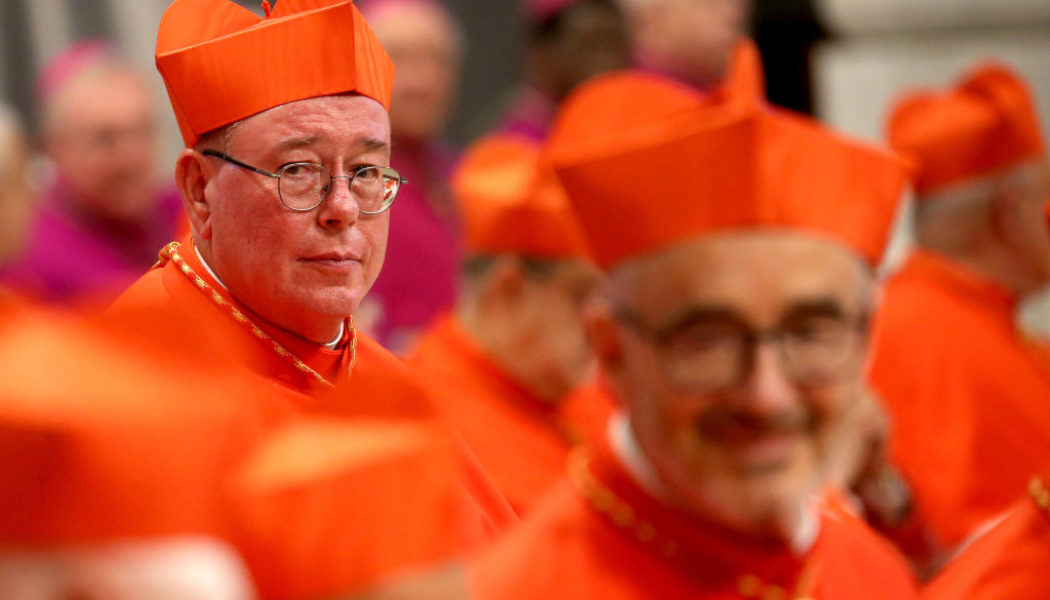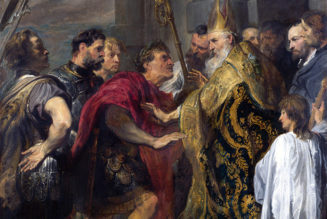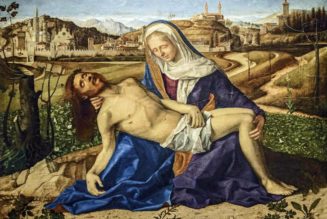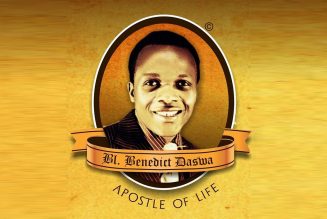COMMENTARY: Cardinal Robert McElroy’s comments last week, arguing the synod is the correct place to overturn core Catholic teachings, have spotlighted how the Synod on Synodality’s leaders are themselves manipulating the process in pursuit of this same objective.
The recent letter to the world’s bishops from Cardinal Mario Grech, head of the Vatican synod secretariat, and Cardinal Jean-Claude Hollerich, relator general of the Synod on Synodality, shows that managing a synod is not as easy as it used to be.
The previous synods under Pope Francis were relatively easy to handle compared to the current synodal process on synodality for a synodal Church. Back then, the synod managers, after hearing everyone, would just insert into the interim or final reports whatever they wished.
Origins of the Synodality Synod
That’s how the synodal process on synodality for a synodal Church got started. It will culminate in not one, but two, planetary synod meetings in Rome, one this fall and the second in October 2024.
But it began in 2018 at the Synod on Youth, when Jesuit Father Giacomo Costa — one of the key synod managers — simply inserted material about synodal processes into that synod’s report.
It would be hard to think of anything less appealing to normal young people than endless meetings under the guidance of group facilitators. Nevertheless, the synod secretariat needed to launch the multistage local-to-planetary synodal process somewhere, and so they “reported” that the synod fathers desired that young Catholics the world over be engaged in synodality.
Cardinal Oswald Gracias of Bombay, a member of the Holy Father’s “council of cardinals” and close papal adviser, let it be known that the synod secretariat had engineered that text and suggested Father Costa himself might have been the engineer.
Enter Cardinal McElroy
The synodal process on synodality for a synodal Church got a bit of a jolt last week when Cardinal Robert McElroy of San Diego let the cat out of the bag, or pulled back the curtain, or simply said aloud what many had suspected was afoot. He argued that the Synod on Synodality was exactly the right time to approve the ordination of women deacons, reconsider the ordination of women priests, set aside St. Paul’s scriptural teaching on not receiving Holy Communion in a state of mortal sin, and, at least for certain favored sexual practices, abandon altogether the challenge of chastity.
Cardinal McElroy is by far the most intelligent, articulate and well-educated — Stanford, Harvard, Berkeley, Gregorian — of the American cardinals that Pope Francis has created, so people took note.
Rather too much note, it seemed, as alarms were raised that the synodal process of “enlarging the tent” apparently included inviting the foxes into the doctrinal henhouse. That’s “radical inclusion” of a far-reaching sort, proposing ideas — open admission to the Eucharist for all the baptized — never taught in the entire history of the Church.
A Delicate Balance
The organizers of the synodal process on synodality for a synodal Church were alarmed themselves. They certainly do not wish to frighten the horses by suggesting that chastity itself would be abolished. How to get blinders and reins on the synodal horses without letting too many people know where you plan to guide them?
The synod managers need to be clear about what is expected, without appearing to be getting the fix in ahead of time. To that end, they had announced that Father Timothy Radcliffe, former master general of the Dominicans and reliable advocate of more licentious sexual mores, would be giving all the synod participants three days of marching orders before the synod was convoked this fall.
Everyone thus knew where matters are supposed to be headed, but it was premature for Cardinal McElroy to publish what aspires to be an advance copy of the final report of the synod’s deliberations.
Thus Cardinals Grech and Hollerich had to act fast to remedy McElroy’s hasty action. Pay no attention to that cardinal behind the synodal curtains in San Diego!
The challenge for Cardinals Grech and Hollerich is that they, too, have been talking rather too much themselves.
While they “urgently” wrote to the bishops that the synodal process on synodality for a synodal Church was not intended to sideline the bishops, reducing them to note-taking facilitators, it was Cardinal Grech himself who assembled last fall a group of “experts” to draft the summary of all the national synodal reports.
That summary is now the basis for the current continental stage of the synodal process. After the continental stage is complete in a few weeks, Cardinal Grech and his team of favored experts will take another crack at it, developing the working document (instrumentum laboris) for the planetary synods this year and next.
That expert group, among dozens present, included only one bishop. Cardinal Grech now writes that synodality cannot be understood apart from “episcopal collegiality,” yet just months ago he was boasting that his select group of like-minded experts — led by the ubiquitous Father Costa — was the veritable “heart and ears of the Church.”
At previous synods, the synod secretariat inserted itself into the deliberations of actual bishops. How much more will they intervene when, against the actual bishops present in Rome, Cardinal Grech and his team speak in the name of the “heart of the Church”?
The letter of Cardinals Grech and Hollerich, so late in the process, is only necessary when it is becoming evident that there are many — Cardinal McElroy only the most prominent among them — who desire to “impose an agenda” on the synodal process on synodality for a synodal Church. It is only necessary to tell people to pay no attention to the man behind the curtain when it is evident that there is something going on behind the curtain.

Regarding Cardinal Hollerich, since his appointment as relator general of the Synod on Syndodality, he has not been shy about pronouncing that he considers the Church’s teaching on homosexuality to be outdated and wrong. So when the bishops gather in Rome, they will have a January letter telling them that doctrinal change is not on the agenda, but October will bring a cardinal in the chair who desires just that. The cardinal will not be behind the curtain then, but on the dais beside the Holy Father.
The credibility of the synod secretariat has been badly damaged by the manipulations of previous synods. The letter to the bishops of the world asks them to ignore what they see unfolding before their eyes, from Germany to San Diego. Once the curtain has been pulled back, as Cardinal McElroy did, it cannot entirely be drawn closed again.









